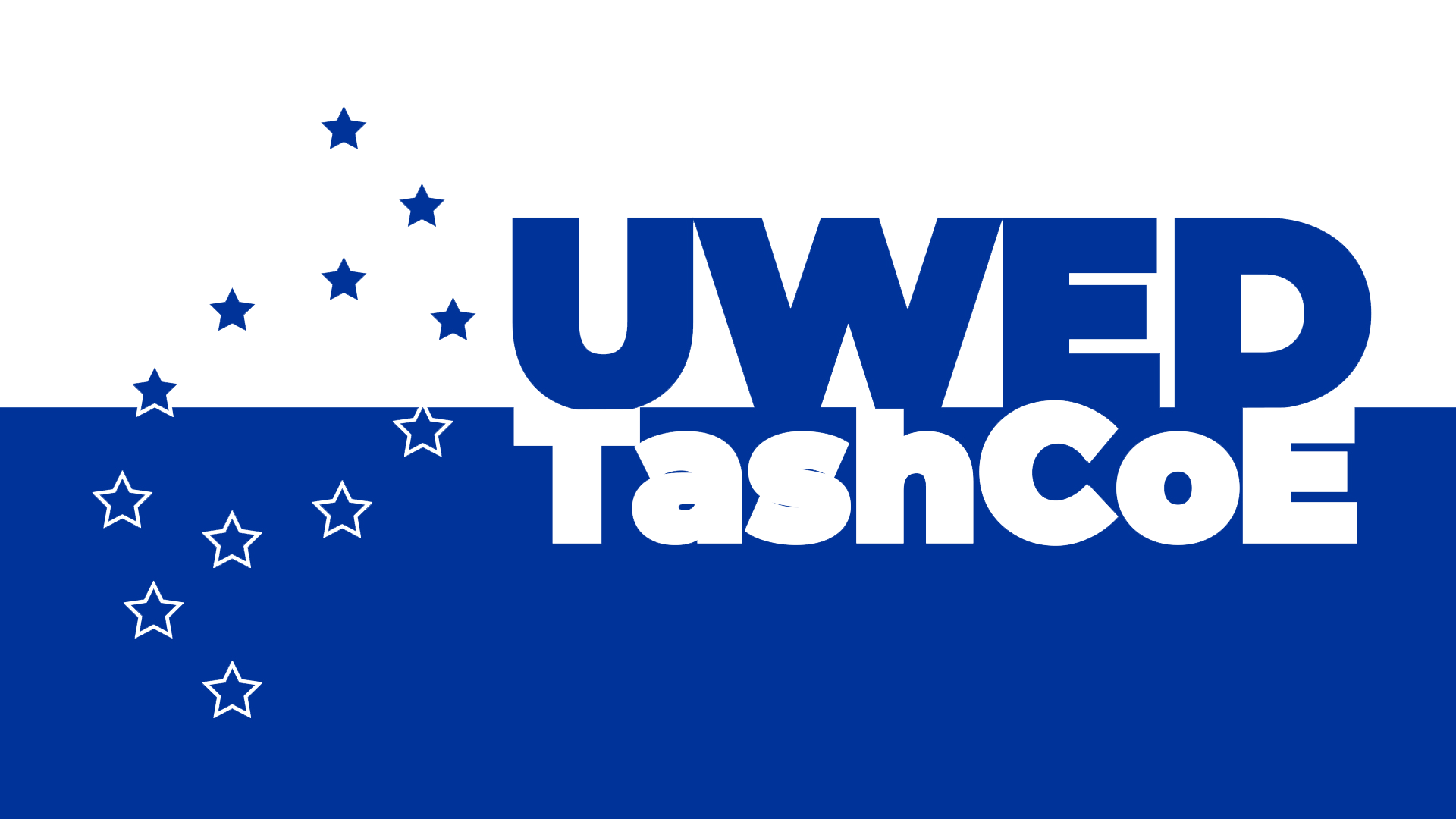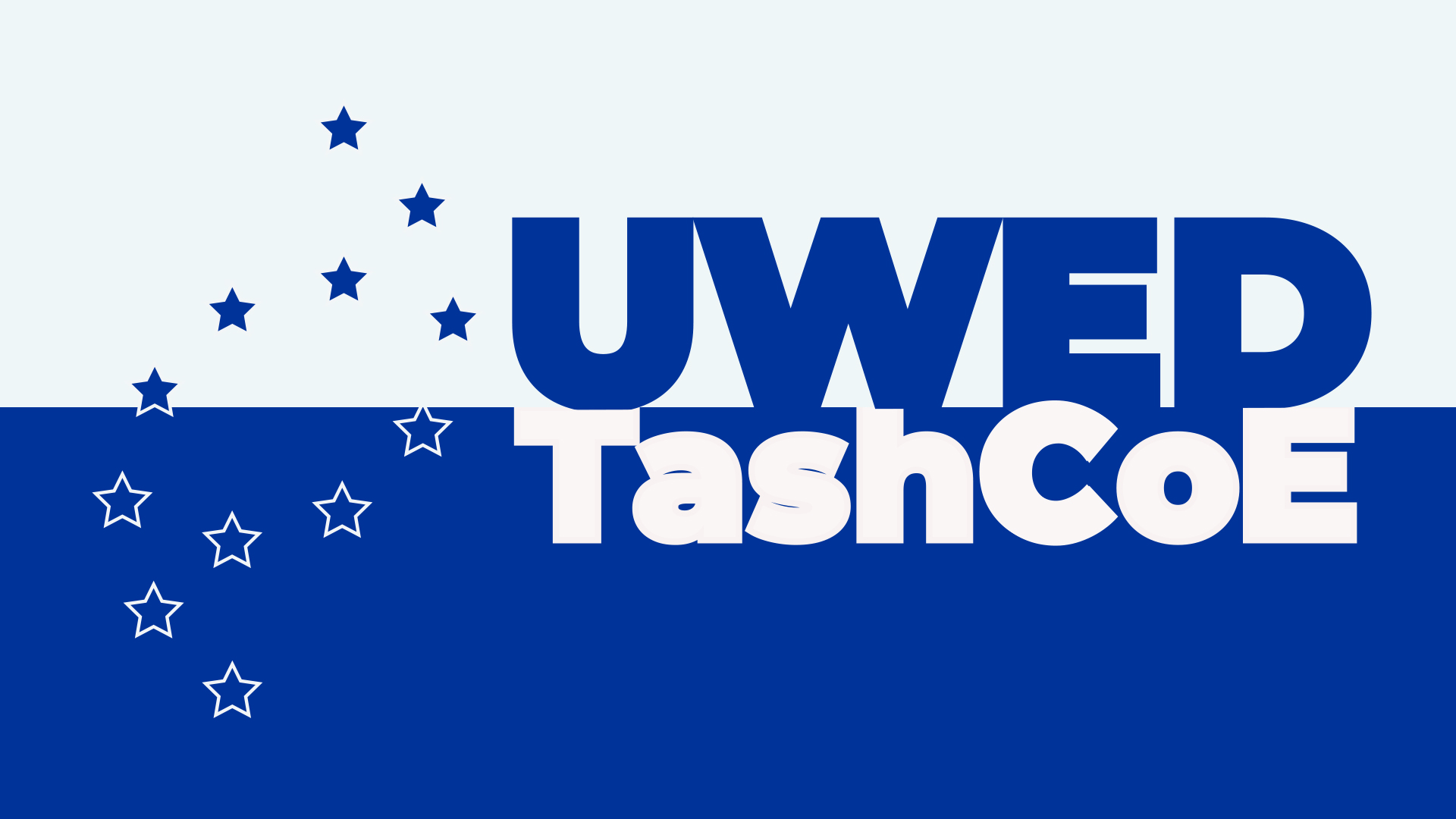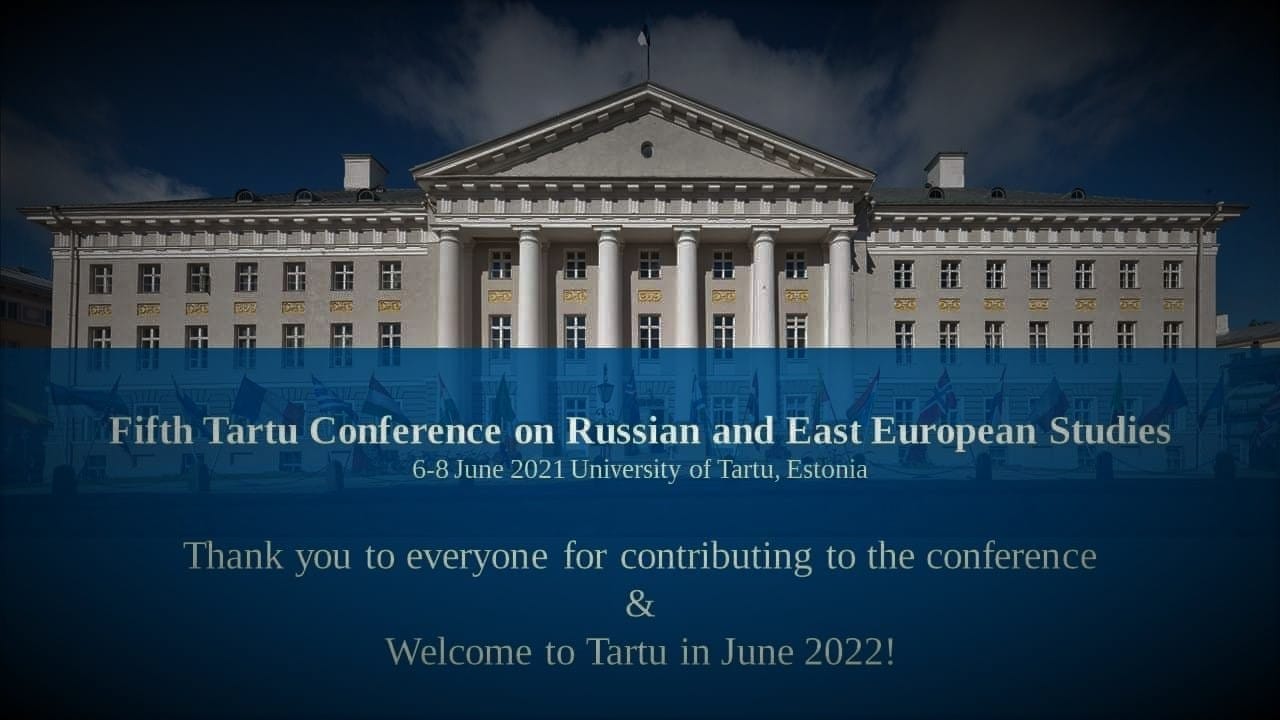Gulnoza Ismailova, Head of Tashkent Jean Monnet Centre of Excellence for European Studies, Vice-Rector for Science and Innovation at the University of World Economy and Diplomacy, took part in the conference “Fifth annual Tartu conference on Russian and east European studies: Post-socialist (dis)orders” (Tartu, Estonia), where she made a report “The current challenges in building resilient local government institutions: the case study of Uzbekistan”.
The Tartu Conference is a venue for academic discussion of the fundamental cultural, social, economic and political trends affecting all aspects of people’s life in Russia and Eastern Europe. Inaugurated in June 2016 as the flagship event of the Horizon 2020 UPTAKE consortium, this forum brings together scholars from across multiple disciplines, from the region and beyond. The 2021 Tartu Conference is organized by the UT’s Centre for Eurasian and Russian Studies (CEURUS) in cooperation with the PONARS Eurasia research network.
Head of TashCoE in her report analyzed historical legacies, analyzed the current situation of local government institutions, the positive and negative aspects of the national experience in their development, existing gaps in the legislation, the strengths and weaknesses of the post-Soviet development of the local system.
Reforms in our country to strengthen the oversight of local councils will play an important role in the future development of the regions. The key factors for the success of decentralization reforms are the combination of these transformations with a holistic modernization of the state governance system, the creation of the necessary regulatory and legal framework, the development of an adequate capacity of local authorities, and a tangible increase in their real accountability in decision-making and budget allocation.





 Русский
Русский O`zbek
O`zbek